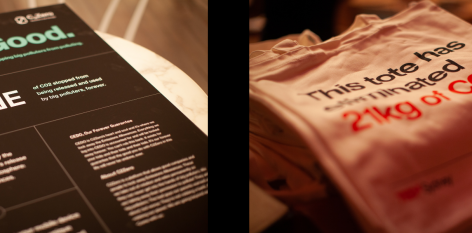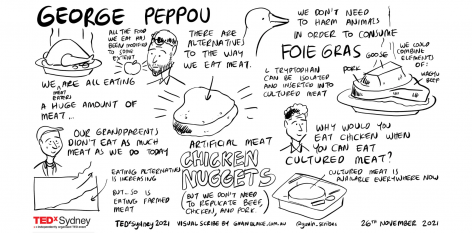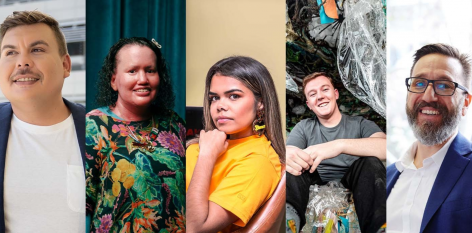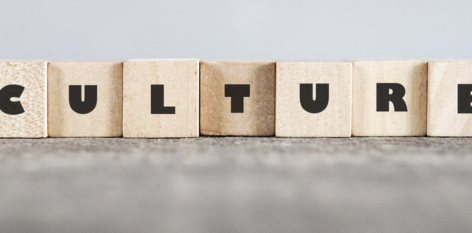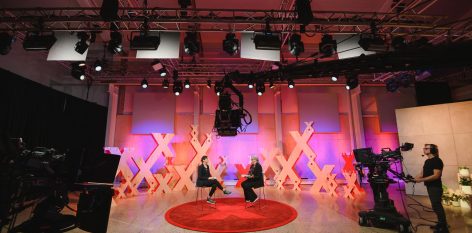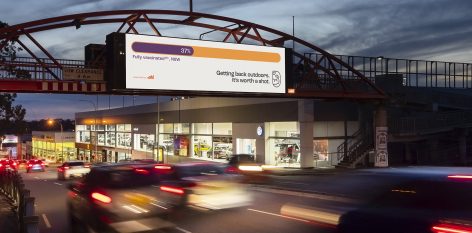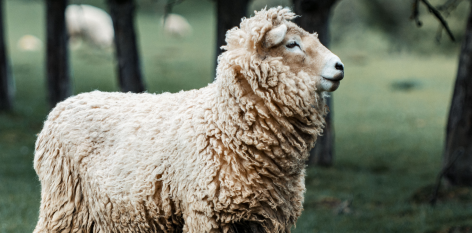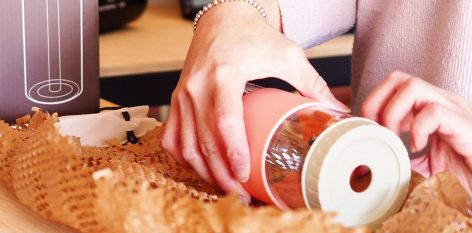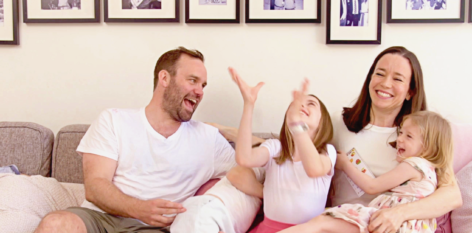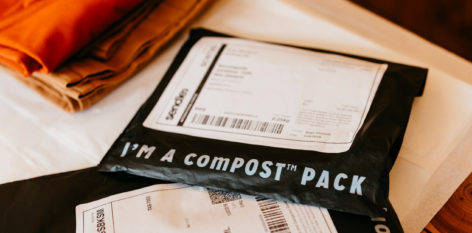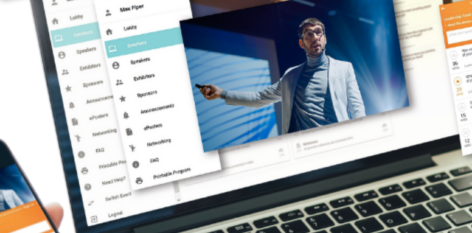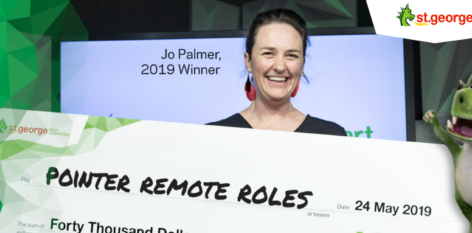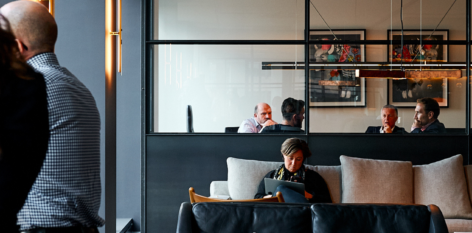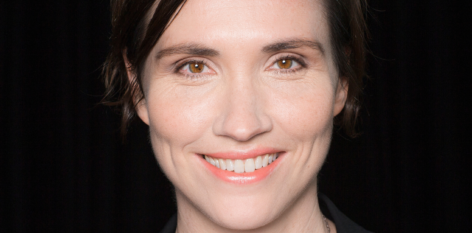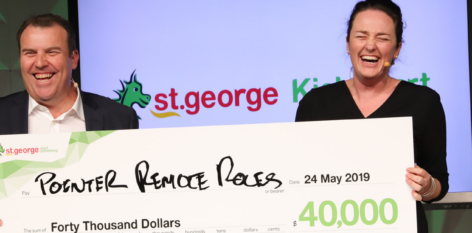“I define connection as the energy that exists between people when they feel seen, heard, and valued; when they can give and receive without judgment; and when they derive sustenance and strength from the relationship.” Oh Brene, you always say the most perfect things!
As we hold our collective breath and enter the final quarter of a year I don’t think any of us will forget any time soon, I can’t help but feel hope. And that hope is for better connection.
Weeks and months of instability and uncertainty has, for some of us, brought the opportunity for reflection and resetting. And it’s not just individuals that seem to be resetting routines, or getting rid of them all together – we’re all seeing changes in business, and work spaces and work places that could have monumental long-term benefits.
If you’ve managed to cast off a painful morning commute and found a peaceful corner of your home to crack on with your work life – bravo. But “Let’s work from home forever!” may not be a cry everyone wants to hear their boss announce in their next zoom room and it may not be ‘good’ for us, or our work, long term.
Author and motivational speaker, Simon Sinek, has made a number of public announcements over the past few months, passionately promoting the importance of human connectivity and collaboration, in person. “Even though working virtually might seem more convenient, nothing can replace human contact. When it’s safe to be back in the office, we’ll feel how different it is to truly be together.”
But just how important is ‘being together’ when it comes to business? Isn’t the power of technology keeping us connected and allowing us the flexibility we have all desired for so long? Aren’t the social connections we can have, safely, with friends and family enough?
Numerous studies have shown that primates are social creatures, but humans are distinctly so. Some may even say ultra-social creatures. Our distinct qualities of cooperation, that is often attributed to our ecological roots in being forced to forage for food together, makes us one of the few species that choose to share with one another. Lions may hunt and eat together, but “they won’t bring any back” to others, said Alan Fiske, a psychological anthropologist at UCLA.
“Humans are just really intrinsically social creatures. We are the most extreme example of a species that’s decided that collaborating with others is going to be my entire strategy,” Steve Cole, a professor of medicine, psychiatry and biobehavioral sciences at the University of California at Los Angeles School of Medicine.
For thousands of years, our survival has depended on us being part of a group. So if social distancing seems hard, it’s not just you – it’s human nature.
But what is it about our work that requires human connection? According to Simon Sinek, although we can be functional and productive, “it’s very, very hard to have any kind of brainstorming and creativity…We need to be in the company of others – we need to be able to interrupt each other and write things on walls and have that wonderful magical energy and then go for lunch together to build a relationship.”
He goes on to comment that hearing organisations and executives claim that everything is highly functional with everyone working from home, and it should stay that way ‘forever’ is making him very nervous, because “they’re taking for granted that the relationships pre-existed…that the trust pre-existed.”
‘A team is not a group of people that work together. A team is a group of people that trust each other.’ – Simon Sinek
“Running a virtual organization is actually way more difficult than running an in-person organization and the reason is because trust doesn’t happen in the zoom room…Nothing replaces human contact – nothing. We can mitigate it for a while, we can drag it out for a while, but at the end of the day human contact and human interaction is where it’s at.”
“Music is what happens between the notes. Trust is what happens between the meetings.”
So if trust is key for creativity, and togetherness is key for trust – the brave new work world will be a nuanced one. Obviously some offices will return to the usual bricks and mortar (get your swipe card ready!) and others will use WFH offices and then there will be hybrid work places.
With COVID-19 pushing the old shoulder-to-shoulder co-working model to the brink, hybrid environments and pro-working spaces, especially those with regional and fringe-offices have the potential to provide a business environment vital for creativity and connection that can support the remote workforce closer to where they are, especially as residual anxieties linger over taking public transport.
For Australian organisations like Work Club Global (WCG) that pride themselves on offering boutique professional workspaces & members clubs tailored to those seeking a premium pro-working experience, they can see a great potential for servicing a wide variety of future business and individuals’ needs.
Founder of WCG, Soren Trampedach, spoke to TEDxSydney about the future of work and how this will be supported throughout Australia as lockdowns and living with Coronavirus become a way of life “We know it’s still very important for some businesses to have a HQ or a place to come together in the CBD, however fringe locations will become more popular as employees no longer want to battle with the commute nor do businesses want to be tied into 3-5 year long term office leases. Many will continue to work from home but for those that struggle with this set up they will look towards alternatives i.e. Work Club offers all-inclusive flexible memberships to multiple locations and we actively encourage conversations and connections between a like-minded community”
You can hear more from Soren during the TEDxSydney Ethics at Work Discovery Session at our virtual event on Friday 6 November. Have you registered for the event? You can do so here

